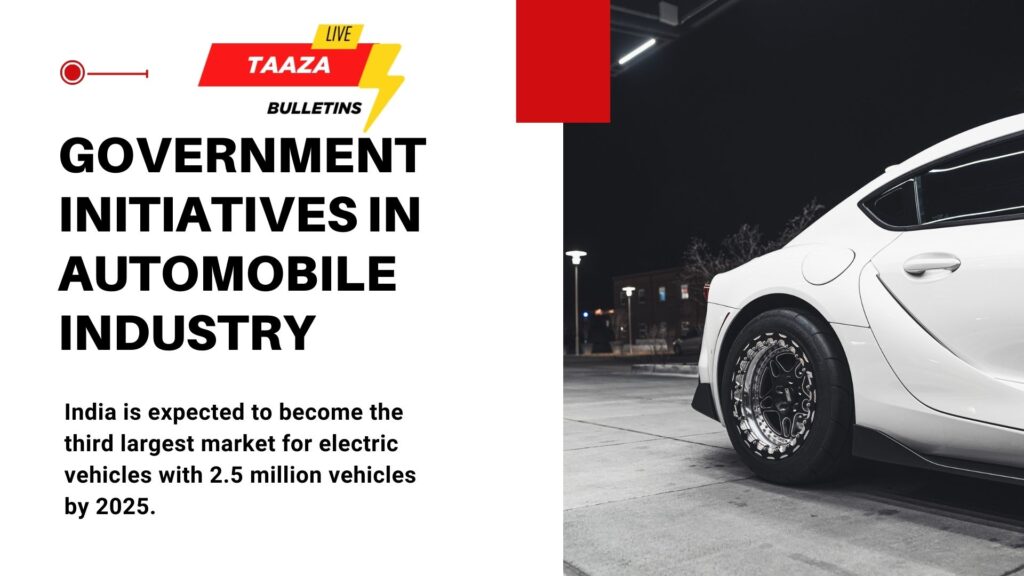Prime Minister Narendra Modi told Donald Trump “that India has never accepted third-party mediation and will not accept such mediation”,
Date: June 18, 2025
Location: New Delhi | Washington
Table of Contents
India Draws a Diplomatic Red Line Ahead of Trump’s Meet with Pakistan Army Chief.
In a significant diplomatic maneuver, Indian Prime Minister Narendra Modi personally contacted former US President Donald Trump just hours before Trump’s scheduled luncheon meeting with Pakistan’s powerful army chief, Field Marshal Asim Munir. The phone call, confirmed by India’s Ministry of External Affairs, conveyed India’s unwavering position: no third-party mediation will be tolerated in the aftermath of Operation Sindoor.
According to sources in South Block, the prime minister clearly articulated that the ongoing ceasefire between India and Pakistan was the outcome of direct bilateral military dialogue, not influenced or orchestrated by any foreign power. “India has never accepted foreign mediation and will not do so under any circumstances,” Foreign Secretary Vikram Misri quoted Modi as saying.
The call is being seen in diplomatic circles as a proactive attempt by New Delhi to prevent Washington from playing even a symbolic mediating role in the current Indo-Pak standoff, especially when the conflict stems from India’s counter-terror response after the Pahalgam attacks.
Asim Munir’s Visit to the US Raises Strategic Concerns in India
Field Marshal Asim Munir’s visit to the United States, particularly a private lunch hosted by Donald Trump, has triggered unease in India’s strategic community. Munir, known for his strong ideological alignment with Pakistan’s military doctrine, was reportedly involved in green-lighting recent cross-border terror infiltrations that escalated tensions in Kashmir earlier this year.
While Washington has made no formal statement regarding the purpose of Munir’s visit, the optics of a high-level military engagement with Pakistan’s top general have drawn sharp scrutiny in New Delhi.
India’s response, while diplomatically calibrated, has been forceful. According to officials in the Indian security establishment, New Delhi has relayed its discomfort to both the US State Department and the National Security Council through backchannel communications.
Opposition Accuses Modi Government of Silence and Weakness
The Indian National Congress seized upon the developments to target the ruling NDA government. Congress spokesperson Pawan Khera said the Modi government’s initial silence on Munir’s visit gave the impression of diplomatic complacency. “Why is there no public condemnation or even clarification from the Prime Minister or the External Affairs Ministry?” Khera questioned during a press briefing.
Congress leader Jairam Ramesh also took to social media, noting that what was earlier dismissed as ‘fake news’ by BJP-aligned platforms is now a confirmed geopolitical event. “So it is official. Asim Munir is in Washington, and the Prime Minister of India has called Donald Trump. Is this a preemptive crisis control or a delayed reaction to a diplomatic embarrassment?”
Global Response to Operation Sindoor and the Washington Engagement
India launched Operation Sindoor in May 2025 after credible intelligence linked Pakistan-based terror networks to the Pahalgam bus bombing that killed 38 civilians and army personnel. The operation targeted insurgent launch pads and Pakistani military infrastructure along the Line of Control in Jammu & Kashmir.
While the operation garnered international support from allies such as France, Australia, and Japan, the United States adopted a cautious stance, calling for restraint and de-escalation. However, the Trump-Munir meeting, though unofficial, may complicate Washington’s posture as a neutral observer.
Experts believe this diplomatic tension could impact broader Indo-US ties, particularly in defense cooperation and intelligence sharing. “India sees any legitimization of Pakistan’s military as an affront to its own security concerns,” said Lt Gen (Retd) Anil Chauhan, a former Indian defense attaché to Washington.
What Modi Told Trump: India’s Position on Terror and Talks
According to insiders, Modi’s message to Trump was direct and firm. “We will not negotiate under threat, nor will we accept third-party framing of a bilateral crisis,” the Prime Minister reportedly said. He reiterated that India views state-sponsored terrorism as an act of war, not merely a proxy conflict, and that its response will remain guided by national interests alone.
Sources also suggest Modi advised Trump to “reassess” his engagement with Munir, given the Pakistani general’s alleged complicity in recent destabilizing events. It remains unclear whether the former US President raised these concerns during the meeting or discussed broader South Asian security issues.
Pakistan’s Silence and Strategic Ambiguity
Interestingly, the Pakistani government has refrained from issuing any formal statement on Munir’s US visit. The silence has fueled speculation about the agenda behind the engagement — whether it was related to defense aid negotiations, counterterrorism discussions, or political backchanneling in the run-up to Pakistan’s upcoming general elections.
Some analysts believe Pakistan may be seeking to leverage Trump’s political resurgence in the US to regain strategic visibility, especially as current President Joe Biden continues to prioritize the Indo-Pacific and China-focused alliances.
The Bigger Picture: India’s Zero Tolerance Stance
India’s reaction to the Trump-Munir meeting signals a shift from diplomatic tact to active deterrence. Operation Sindoor has already demonstrated that New Delhi is willing to cross traditional thresholds in response to terrorism. The Modi-Trump call reaffirms that any perception of external involvement — even symbolic — will be met with a decisive response.
India’s evolving foreign policy doctrine, shaped by its assertive military strategy and rising global stature, now clearly positions it as a state that demands respect for its strategic autonomy. “There is no space for shuttle diplomacy or soft balancing anymore,” said Professor Aparna Bhardwaj, a geopolitical analyst at JNU. “India has taken its stand, and the world must adjust.”
With global alliances in flux and India’s national security doctrine hardening, the message is clear: New Delhi will not allow historical narratives of mediation or neutrality to cloud its path. Whether this steely posture leads to greater regional stability or escalates friction with traditional allies remains to be seen. For now, Operation Sindoor may have paused — but India’s diplomatic offensive is in full motion.
Disclaimer:
This news article is based on currently available reports, official statements, and inputs from analysts. Developments are still unfolding, and further updates may reshape the narrative. The views expressed by quoted individuals do not necessarily reflect the editorial stance of Taaza Bulletins.
Sources:
– Ministry of External Affairs, Government of India
– Press Briefings by Indian National Congress
– Defense Analysts quoted via PTI and ANI
– International coverage from Reuters, The Hindu, and Telegraphindia,
– Direct inputs from diplomatic sources familiar with Indo-US communications




